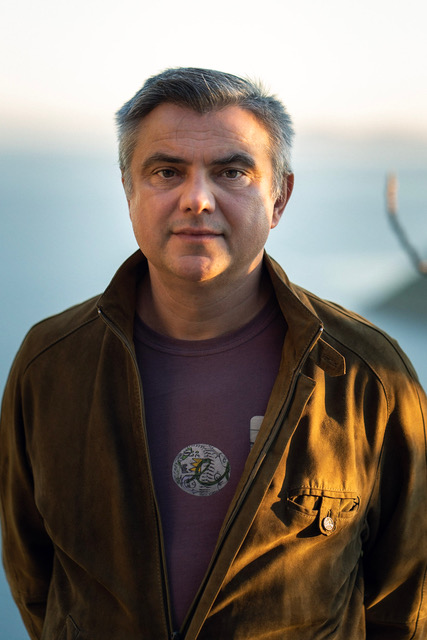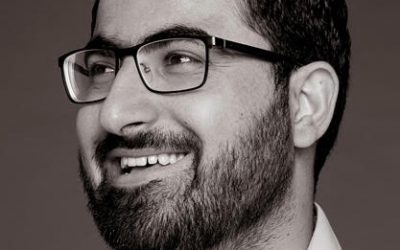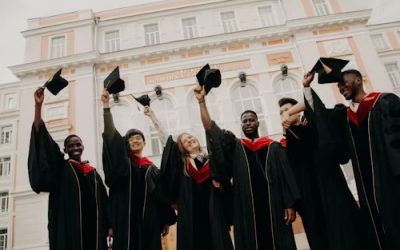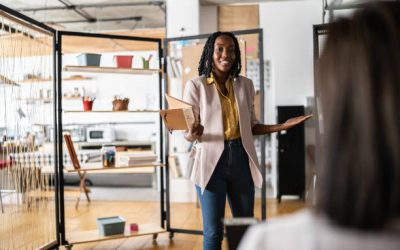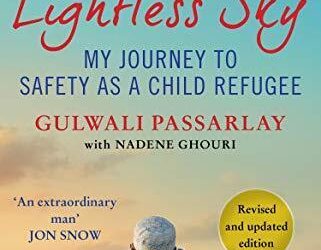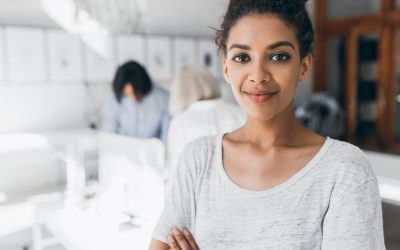The second thought provoking article with Dr Marius Turda, who discusses the inherent barriers experienced by migrants which makes integration challenging.
This is the second article arising from the discussion between TogetherintheUK (TGIUK) and Dr Marius Turda, Professor in the Department of History, Philosophy and Religion at Oxford Brookes University. Marius has a particular interest in the history and culture of Central and Eastern Europe and has undertaken research projects in the history of ideas, science, and medicine and is a well-considered author on race, eugenics, and racism. He is the founder-director of the Cantemir Institute at the University of Oxford (2012-2013) and founder of the Working Group on the History of Eugenics and Race (HRE), established in 2006. He also hosts The Eugenics Podcasts and Confront Eugenics which give fascinating insights into how 20th century eugenics ideas and practices continue to influence aspects of our lives.
In our first article, “Racism, the Real Pandemic“, Marius spoke of the challenges facing ethnic minorities flourishing in all spheres of life, particularly in their professional capacity. In a recent survey conducted by #EthnicityPayGap Campaign, there is evidence of significant barriers facing Black women in achieving equal pay with their White peers and the same level of career progression. And a survey, “Ethnicity Pay Gap Report 2021,” conducted by PwC’s Strategy& consulting arm, highlights barriers preventing people from different ethnic backgrounds from reaching their full potential. As our society becomes more multicultural and diverse, we must acknowledge this discrimination and redress the balance. While recognising that many elements contribute to this discrimination, in our dialogue with Marius, he discussed one factor that needs addressing; ethnic communities living separately within their host country.
Marius acknowledged that we all have a natural tendency to remain within our ethnic enclave or our “comfort zone”. He does not see this as an issue, but he does believe that this ‘homing’ instinct and other perceived barriers could hamper our personal and professional progression.
According to Marius, language, or rather the ability to speak the native language of a host country, is a primary barrier. In his opinion, integrating fully into a new society is limited if you cannot speak the native language. He recognises that there are many justifiable reasons why a migrant might not be able to speak a different language, some of which may be outside of their control, but he does believe that a language gap negatively impacts individuals’ confidence to expose themselves to new experiences. And according to the Runnymede Trust Integration for All 2018 Report, lack of fluency in the English language is one of the largest barriers for black and minority ethnic (BME) people. (The others being employment and trust and engagement with institutions, including political participation.) A reluctance to speak English can be a result of many factors, one of which maybe that some immigrants rely solely on their ethnic network to serve their social needs and do not see a need to integrate into UK society. Marius told TGIUK that “this trend is evident amongst the immigrants who came to the UK in the fifties and sixties and is growing among the current wave of immigrants.” And he went on to explain that “the principle of socialising within your community is common amongst new minorities arriving from Eastern Europe who live in this country but circulate only within their network”. Marius describes how they may only speak their own language, eat traditional foods, and socialise only with people from their home country. And as he explains, having minimal contact with UK society on a personal level perpetuates the isolation felt by many immigrants and, on a professional level, restricts career progression and the building of a diverse professional network. It was apparent that Marius was concerned about this type of mindset. He encourages immigrants to “expose themselves to their host country and its people”, explaining that a comprehensive understanding of our social world impacts our attitudes and behaviours and influences broader social, political, and economic dimensions. It is his understanding that making wider connections outside our community enables us to have the necessary constructive dialogue to share “lived experiences” and, even more critical, to support changes in policies and laws around migration, racism, and discrimination in all areas, including the workplace.
In many ways, according to Marius, there is a sense of comfort and safety for all of us when we live within our ethnic community, giving us a sense of ‘shared’ history, language, culture, and traditions. He clarified that the basis of this separation originated with ethnic groups such as the “Irish, Caribbean and Asian immigrants who came to the UK in the fifties and sixties”. Unchecked racism enabled some landlords to deny accommodation to migrants, forcing them to form distinct communities. Hence the growth of areas such as China Town in London or the Irish neighbourhood of Kilburn and Camden. As he commented, “ironically, and perhaps as a form of self-defence from the current rise in racism and populism in the UK, this unofficial model of separation previously imposed on immigrants is now self-driven amongst some immigrants.”
Marius believes that communities not interacting with each other is a significant loss to our society’s socio-economic development. His opinion is upheld in the UN 2030 Sustainable Development Goals (SDGs) as it recognises the contribution of migration to sustainable development for the first time. In response, eleven of the 17 SDGs reflect the multifaced issue of migration and contain targets and indicators relevant to migration. The SDGs core principle of “leave no one behind” establishes a basis to gather relevant data on migrant integration, specifically whether migrants are integrating into the economic, social, cultural, and political spheres of society, the discrimination they face, how policies affect migrants’ inclusion and how the public perceives migrants and immigrants.
Marius explained that the integration of migrants into society, both individuals and groups is a two-way process that involves both migrants and the host society. As a student at Oxford University, Marius immersed himself in English culture and found a supportive and welcoming environment in academia and he believes that this mutual approach was essential in his successful adjustment to his new life. His opinion is supported by the results of a 2019 British Integration Survey conducted by the Belonging Network. Their report found that “most Britons (53%) of all ethnic groups have at least some contact in their wider social networks with people from other ethnic backgrounds, but 44% have none.” The report went on to “caution us against viewing ethnicity and social integration as being about ethnic minorities in Britain living ‘parallel lives’, a charge that has been made too easily, too often. Indeed, these findings underscore the urgency of viewing social integration as a ‘two-way street’, in which majority and minority populations must both participate fully.”
Marius is keen to stress that integration does not mean eradicating one’s own culture. He considers cultural preservation as being essential, but we need balance. He believes that for the UK to evolve from being a racist society, it requires the immigrants’ narratives to be heard and listened to.
This dialogue is what TogetherintheUK aims to achieve by providing a platform to encourage people to live together and combat hostile rhetoric around migration across traditional and social media.

